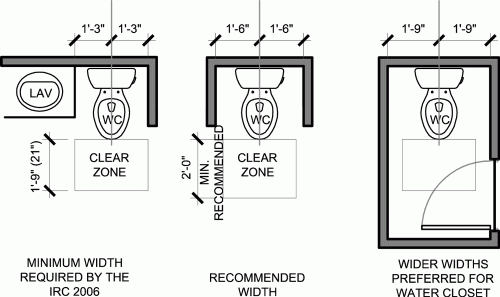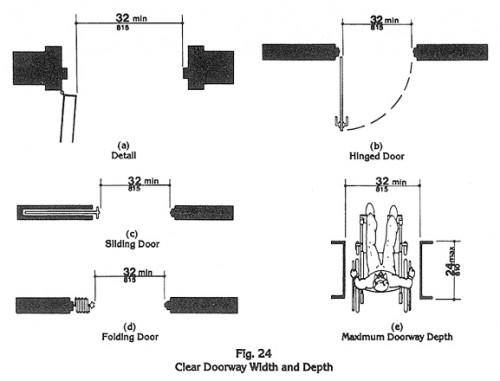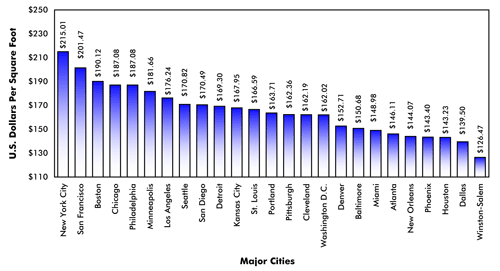Whether you’re an architect or engineer, proper coordination is one of the key ingredients of a successful project. Often the assumption made is that every discipline is coordinating with every other discipline’s work, when in fact, the unfortunate reality is that every discipline is coordinating with their own work if you’re lucky.

To further complicate matters, in today’s market, with ever increasing pressure to minimize soft costs, design professionals find ourselves being expected to do more for less. This can lead to a desire to pass the coordination buck onto someone else. Sentiments like “it’s not my job to coordinate structural’s work” or “it’s the civil engineer’s job to make sure they have the utility entrances coordinated with the electrical and plumbing drawings” are heard more and more frequently as overall quality declines due to ever falling fees and the constraints of the almighty budget.
Although our fees may not reflect it, I say to my fellow architects that the buck stops with us. As the final check and balance of the process, proper coordination of design efforts fall squarely on our shoulders. While we can and by all means should endeavor to hold our engineers accountable for their work, the fact remains that we are the ones who all too often find ourselves in the unenviable position of doing it ourselves.
Now, I want to pause here and clarify a few things:
- Just because it’s the right thing to do, doesn’t make it “right”.
- While not checking an entire set of construction documents for proper coordination would be a mistake, the bigger mistake would be to assume responsibility for coordinating all disciplines without holding them accountable for their shortcomings. As architects we are responsible TO our owners for providing a coordinated set of construction documents, however, we are not responsible FOR the quality of others’ work.
- Co-workers or consultants, the challenges are the same.
- It’s certainly reasonable to expect that having all disciplines under one roof would facilitate coordination, however, it bears noting that while A & E firms do have significant advantages over their architecture only counterparts, coordination challenges are greatly reduced, but not eliminated entirely. Diligence is still required, even when the associated effort is lessened.
- “Not enough time” is never an excuse.
- “If you don’t have the time to do it the right way now, you’d better have the money to fix it later.” ~ Unknown
- A comprehensive design schedule allows adequate time for all tasks, including QA/QC and coordination. Planning time for coordination review prior to all project milestones is an essential best practice.
As we all strive for continuous improvement of our construction documentation, it’s worth bearing in mind that a little effort to coordinate throughout the entire design process will go a long way towards reducing both related errors and team stress levels at the eleventh hour before a deadline.
“If you feel like you’re doing someone else’s job, you’re doing it right.” – C.A.






